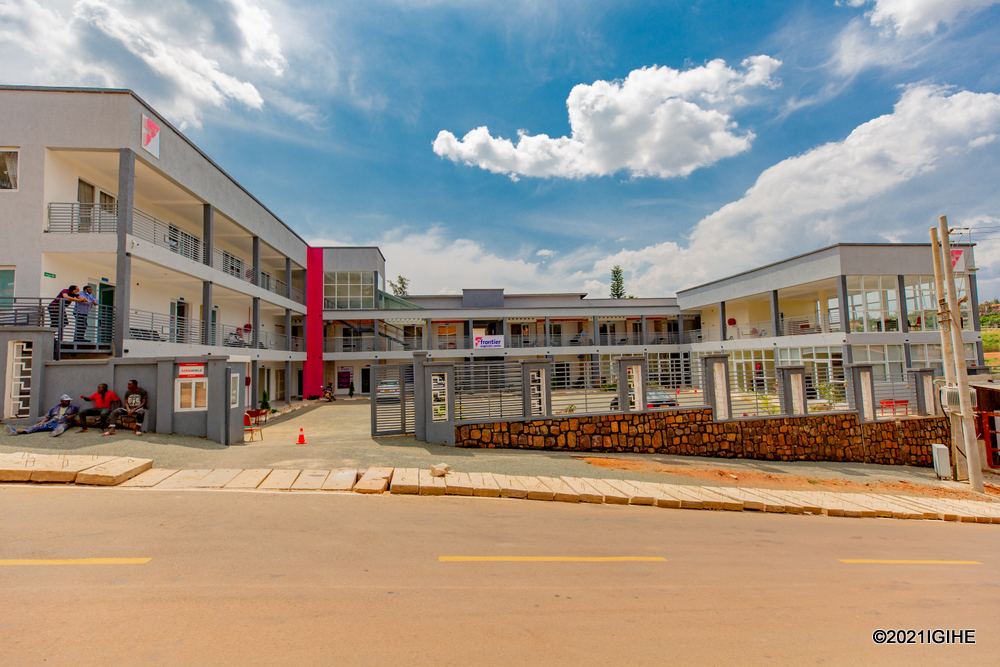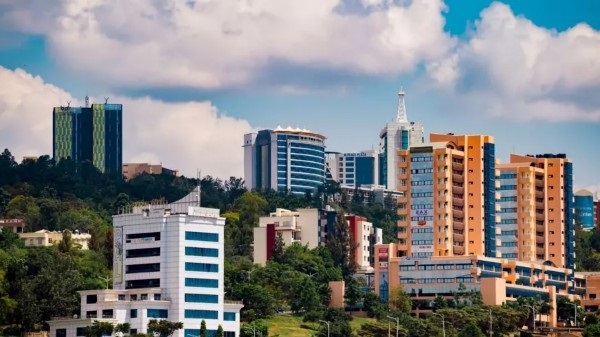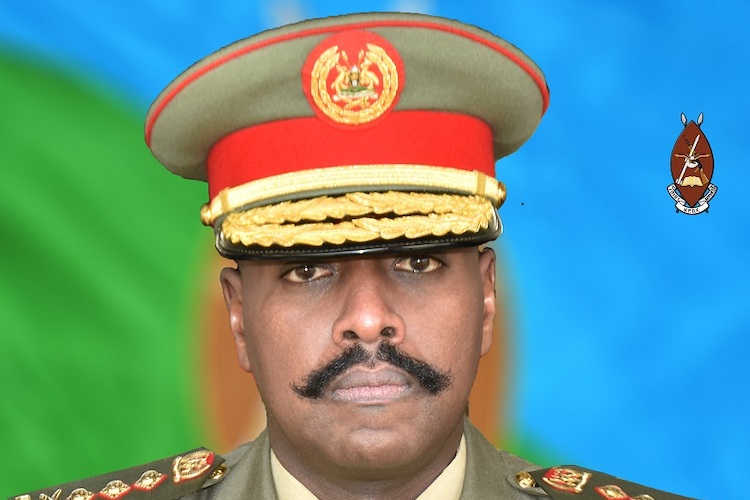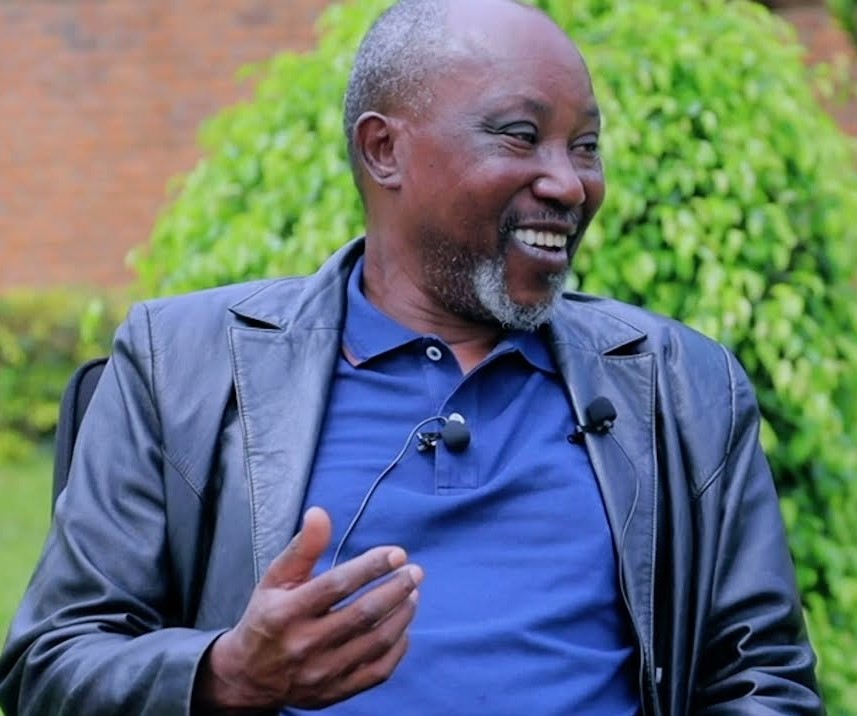Regional
Kagame-Muhoozi meet raised hopes. What next?
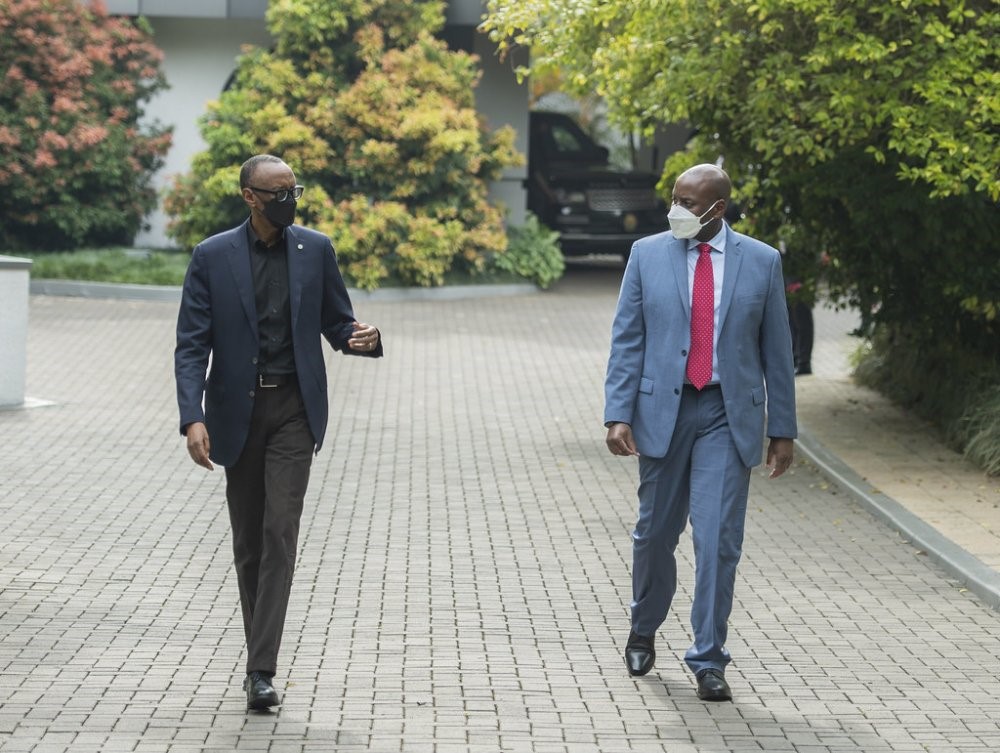
On January
22, Rwandan President Paul Kagame received Lt Gen Muhoozi Keinerugaba, the son
and senior Presidential adviser to Ugandan President Yoweri Museveni.
Muhoozi
also serves as Commander of Uganda's Land Forces.
The
visit made headlines in the mainstream media in Uganda and Rwanda. On social
media, it attracted much more discussion on the implications of Rwanda and
Uganda relations that have been strained for years.
Although
no official statement was issued at the end of Muhoozi’s surprise visit, his
meeting with Kagame, raised the hopes of Ugandans and Rwandans that the two
countries can mend their strained relations.
The
people of Uganda and Rwanda have different short term expectations. They share
almost similar views on long term good relations between their neighboring
countries.
On
the Ugandan side, the priority short term outcome of the talks seem to focus
more on the opening of the border in
order to resume trade. On the Rwandan side, emphasis is on dealing with the
issues that caused the frosty relations
and the border closure, before anything else.
Rwanda
has persistently, and with evidence, accused Uganda of supporting terror groups
like the Rwanda National Congress (RNC) led by Kayumba Nyamwasa, FDLR, FLN and RUD
Urunana. Uganda’s Chieftaincy of Military Intelligence (CMI) under Maj Gen Abel
Kandiho, was implicated in facilitating and coordinating anti-Rwanda terror
group’s activities in Uganda with the objective to destabilize Rwanda.
Nearly
four days after Muhoozi’s Kigali sojourn, Kandiho was relieved of his CMI
duties and posted to South Sudan as a special envoy.
Earlier,
Rwanda complained about arbitrary arrests, torture and imprisonment of hundreds
of Rwandans in Uganda, on allegations that they are spies. Some of these
Rwandans were often released and dumped at the border, with no charge.
What
next after Muhoozi-Kagame meeting?
The first step towards normalization of
relations between Rwanda and Uganda is to resuscitate the stalled bilateral talks
on the implementation of the provisions of the Angola Memorandum of
Understanding. This calls for re-constituting diplomatic and security technical
teams to take stock of the complaints that were tabled by the two countries.
Then a report by the technical teams will inform the Principles on whether or
not all the concerns were satisfactorily addressed.
Rwanda’s demands included but were not
limited to: Uganda disbanding the RNC and RUD-Urunana networks on its
territory; Uganda refraining from all actions meant to destabilize Rwanda and
eliminating all factors that may create such perceptions.
Uganda was also asked to withdraw
Ugandan passport No. A000199979 that was issued by the Ugandan government to
Charlotte Mukankusi, commissioner in charge of diplomacy in the RNC.
Uganda was to hold accountable facilitators
of RNC and RUD-Urunana networks, including former Minister of State Philemon
Mateke, Kandiho, Brig. Gen. Fred Karara, Col. CK Asiimwe, Col. Kaka Bagyenda,
Maj. Fred Mushambo, and other government officials involved in the same
activities.
Uganda was to unconditionally release all Rwandan citizens illegally detained there. For Uganda, the main complaint was that Rwanda sends spies to its territory.
Against
this backdrop of mistrust, and failed attempts in the past to mend relations,
it is of interest to note that Muhoozi dilutes tough issues and gives an
impression of good relations between the two countries being attainable in a
short time.
“I
have been alive long enough to know that Uganda and Rwanda are one country! In
exile in the 1980s me and my family were also called ‘Rwandans.’ Only enemies would fight our unity. Let us
resolve these small problems quickly and move forward together as always,”
Muhoozi tweeted after his Kigali trip.
Kagame
waved the first olive branch when he unconditionally accepted to release a
Ugandan soldier attached to the Special Forces Command, Private Ronald Arinda,
who was arrested on Rwandan territory. Kagame did not request for an exchange
with hundreds of Rwandans believed to be held in Uganda prisons and ‘safe
houses.’
Unfortunately,
even before Muhoozi settled in back home, from his Kigali meeting, a Rwandan
businesswoman in Kampala, Alice Umutesiwase, who operates a stall in Owino
market, was arrested by CMI agents on the usual spying allegations leveled
against all Rwandans in Uganda. This raised questions in Kigali on whether
there are two systems in Kampala, one that wants peace and another that is hell
bent on destabilizing Rwanda. The question here is: will Muhoozi’s words of
looking forward to a quick fix work easily?
Although
the problems between Rwanda and Uganda may not be as small as Muhoozi describes
them, his belief that they can easily be resolved is encouraging for Rwandans
and Ugandans who are looking forward to resumption of free movement of people and goods. However,
Muhoozi was a messenger who has to report to his superior, his father, who
holds the master key to determine the next step of action towards normalizing
relations between Uganda and Rwanda.
There
have been other envoys before Muhoozi from Uganda to Rwanda on the issue of
normalizing relations between the two countries. Their efforts did not pay off. Many observers
are anxiously waiting to see the magic that Muhoozi will use to turn tables in
Kampala. A friend observed that as a senior presidential advisor and a trusted
son, he holds more sway over the president than previous envoys.


